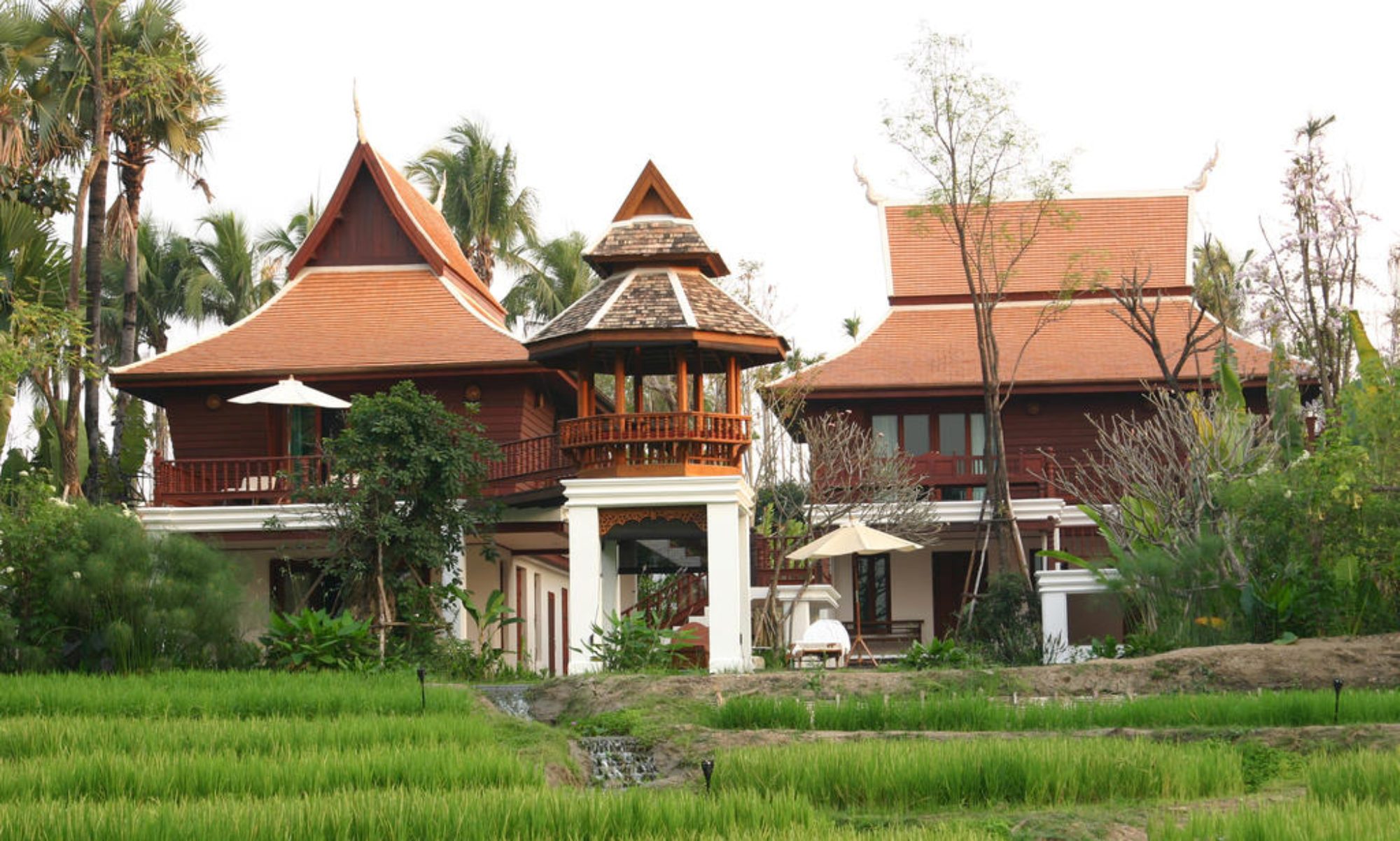News about a coffee shop in Kanchanaburi, where a cup of civet coffee is sold for 1,500-500 baht, recently stirred excitement among coffee connoisseurs. There, a kilogramme of coffee beans, from farmed civet cats, is priced as high as 100,000 baht.
Interestingly, it is five times more expensive than the famous organic civet coffee by Doi Chang, another homegrown coffee brand from Chiang Rai. Doi Chang’s internationally certified and award-winning wild civet coffee is priced at 20,000 baht per kilogramme.
“The reason why this Kanchanaburi’s coffee comes with such an astronomical price tagis because “it’s has been intricately processed during a long period of time”, said the owner of Rai Khun Ying, the coffee plantation in the limelight.
“Our price is also based on the world market. Today civet coffee is sold in many countries for 50,000-180,000 baht per kilogramme,” he added.
The coffee master explained that, unlike some civet coffee producers, his plantation never force feeds the animals. “We have 20 civet cats. Each of them is provided with four Arabica coffee trees planted within a big cage. Therefore, they are free to eat the berries any time they want.”
But, are Thai consumers willing to pay this exorbitant price? “I can show you a list. Many customers want to buy one kilo at the least, but I have to ask them not to, as I am afraid there will not be enough to go around,” he said.
Rai Khun Ying sells 2-10 cups of civet coffee every day and has an average of two customers buying the civet coffee beans each month.
Originally from Indonesia’s Sumatra islands, civet coffee, aka kopi luwak, is the world’s most expensive coffee. It is made from the beans of coffee berries, which have been eaten by the Asian Palm civet, a small nocturnal animal that feeds on the berries for their fleshy pulp. The beans then pass through the cat’s digestive system and come out among the faeces.
After being collected, thoroughly washed, sun dried, slightly roasted and brewed, these beans yield an aromatic coffee with distinctive pleasant taste and much less bitterness.
It’s said that the beans taste better because the civets pick only the finest and perfectlymatured fruit. It is also believed that some acids and enzymes inside the animal’s intestine add a chemical fermentation to the beans.
The civet coffee is offered in the market with a variety of flavours and is best recommended to be enjoyed without milk.
bangkokpost.com/learning/learning-news/233046/coffee-from-where-the-sun-don-t-shine
